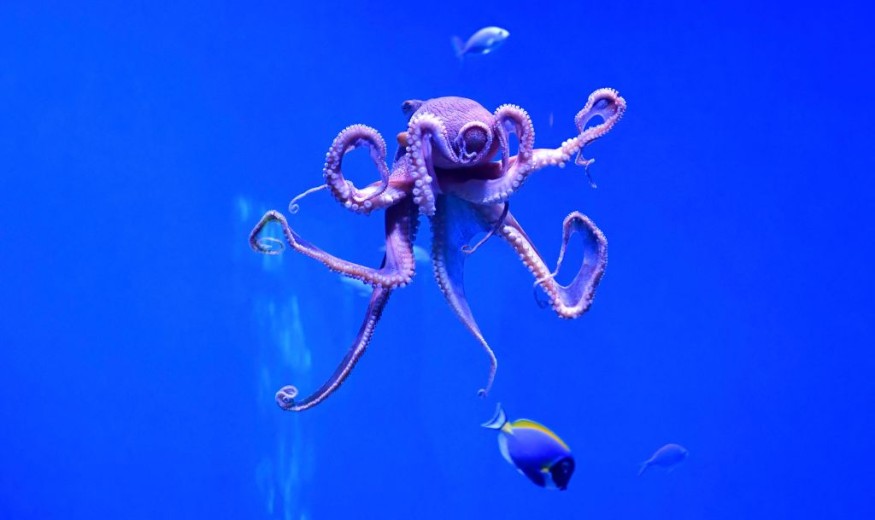The latest report showed that marine enthusiasts and experts in Wales discovered a rare sighting of an octopus crawling beneath a rock. The octopus was also seen changing its colors as it went back into the sea.
It is not a frequent occurrence that people can spot unique sightings of marine animals. Most of them prefer to hide underwater due to potential threats on land, particularly in the case of octopuses.
Octopuses are known as intelligent animals and masters of evasion by changing their colors to avoid predators. Understanding the potential of this species can offer new insights into their habits and appreciate their existence.
Captivating image of octopus in Wales

In a recent report published on June 4, marine enthusiasts managed to spot a rare sighting of an octopus crawling back to the sea. It may seem usual, but the species showed unique skills in changing its color on a beach in Wales.
Octopuses are best at changing colors and textures to blend their environments or areas. This skillful camouflage allows them to escape predators and catch prey.
In the report, the said octopus was found to be swiftly changing its colors into orange, as it moved back to the ocean. This garnered delight and attention from beachgoers and conservationists.
Monitoring these species is also important for conservation and protection efforts; they are also considered bioindicators of ocean health. The role of the Marine Conservation Society's Seasearch program highlighted the surge of octopus sightings, particularly in 2022.
According to the report, environmental conditions, such as temperature fluctuations, may have contributed to the increase in octopus sightings. These marine animals also thrive in different habitats, including deep ocean trenches, and shallow tide pools.
Pollution, climate change, overfishing, illegal fishing practices, and habitat loss are common threats to the octopus population. While they are not considered threatened, it is important to monitor their numbers to avoid possible population decline.
More facts about this intelligent species
The report explained that octopuses are considered highly intelligent invertebrates, which contain complex nervous systems. Amazingly, octopuses have ways to solve problems, display personality traits, and use tools.
Having eight tentacles, these are very useful for detecting potential threats and manipulating objects. The tentacles are also important for sucking and tasting.
Additionally, unlike other species, octopuses have three hearts. Their blood contains hemocyanin, which gives it its blue color.
When their limbs or nervous systems are injured, octopuses can regenerate. As a master in camouflaging, some octopuses can impersonate other marine animals, which is helpful to potentially evade predators.
When an octopus finds another octopus, reports noted that they would become aggressive and attack one another.
For more similar, don't forget to follow Nature World News
© 2025 NatureWorldNews.com All rights reserved. Do not reproduce without permission.





